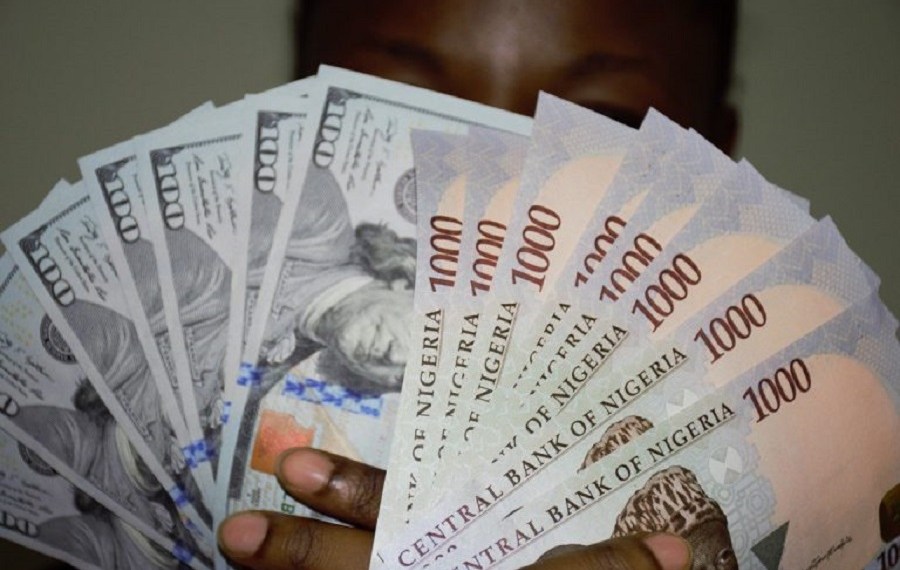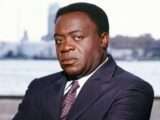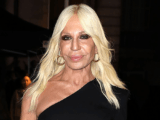
Aboki Naira To Dollar Black Market Rate Today 2nd October 2024
The black market, often referred to as the “Aboki” exchange rate by many in Nigeria due to its association with informal street traders, has remained a critical barometer for the economic pulse of the nation. Today, on Wednesday, October 2, 2024, the Naira against the US Dollar in this unregulated market segment showed nuanced adjustments, reflecting the ongoing economic dynamics at play.
According to reports circulating on social media and discussions within financial circles, the buying rate for the US Dollar stood at approximately ₦1,660, while the selling rate was quoted at around ₦1,670. This slight variation in rates underscores the volatility and speculative nature of the black market, where rates can change multiple times within a day due to numerous factors, including supply, demand, and speculative trading.
Trending Now!!:
The black market rate often diverges significantly from the official Central Bank of Nigeria (CBN) rate, which is usually more stable and less reflective of immediate market pressures. Today’s CBN rate, however, wasn’t detailed in current reports, but historical data suggests a considerable gap between official and black market rates, with the latter often being significantly higher.
The fluctuation in the black market rate can be attributed to several factors:
- Inflation Rates: Persistent inflation in Nigeria has been a significant driver, reducing the purchasing power of the Naira and making dollars more sought after for both legal and speculative purposes.
- Foreign Exchange Shortages: Despite the CBN’s efforts to stabilize the currency, forex supply shortages often push traders to the black market, where liquidity might be higher.
- Political and Economic Uncertainty: Upcoming elections or policy changes can create uncertainty, leading to a rush to buy dollars as a hedge against potential Naira devaluation.
- Oil Prices: Nigeria is an oil-dependent economy, so fluctuations in global oil prices can directly impact the Naira’s strength, although this effect might be more pronounced in official channels than in the black market.
- Speculation: The black market thrives on speculation, where traders might buy up dollars in anticipation of future devaluation, thereby influencing the rate.
The implications of these rates are far-reaching. For everyday Nigerians, this means higher costs for imported goods, which can exacerbate the cost of living. The fluctuating rates affect planning for businesses, especially those reliant on imports or international transactions. Conversely, this scenario might benefit exporters as their earnings in dollars convert to more Naira, albeit at the cost of domestic purchasing power.
Economists and financial analysts continue to debate the effectiveness of the CBN’s policies in managing currency stability versus allowing more flexibility to market forces. The persistent gap between the official and black market rates highlights the challenges in monetary policy implementation and the broader economic environment in Nigeria.
As of now, those interested in foreign exchange transactions, either for travel, business, or personal savings, are closely monitoring these rates, adapting their strategies to the ever-changing market landscape. The black market’s pulse today, as reflected in the Aboki rate, remains a vivid indicator of Nigeria’s economic health, signaling a need for robust policy interventions or perhaps, a reevaluation of current economic frameworks.


